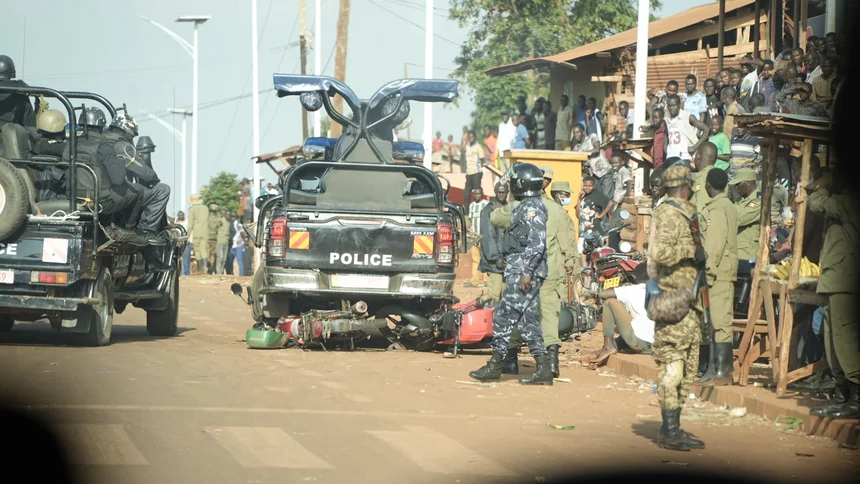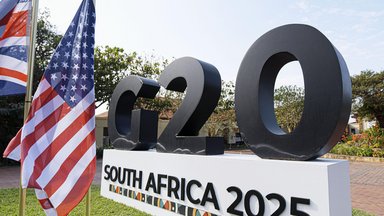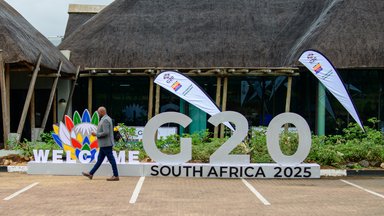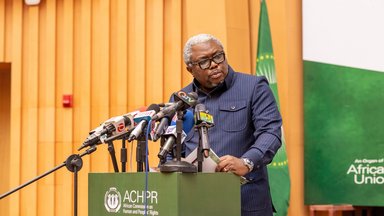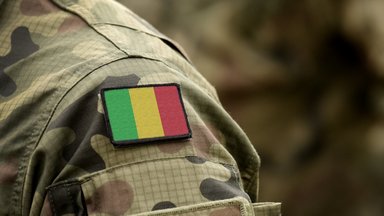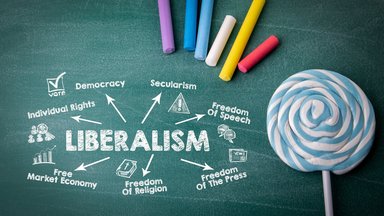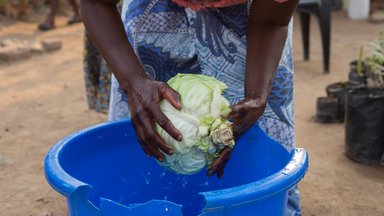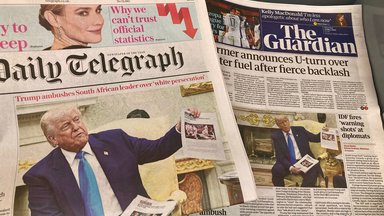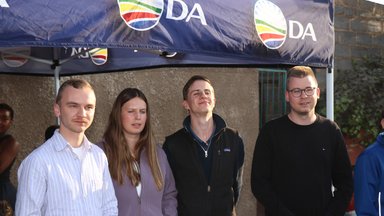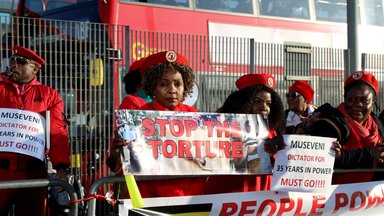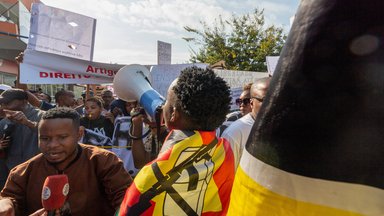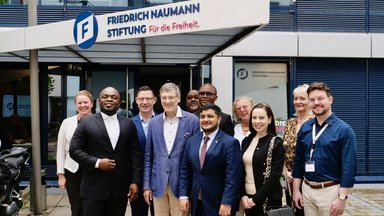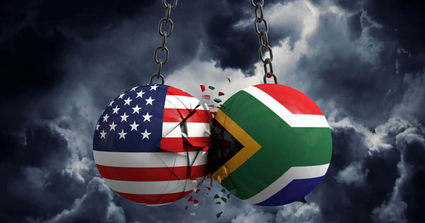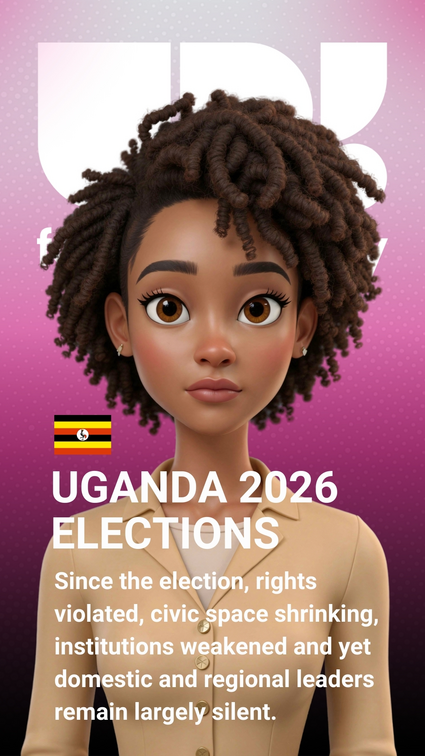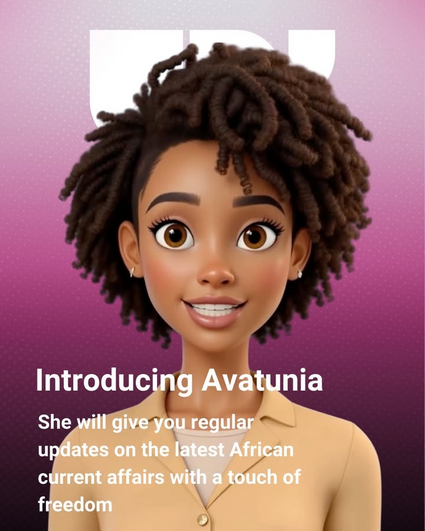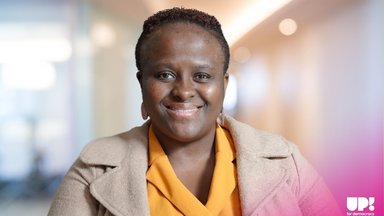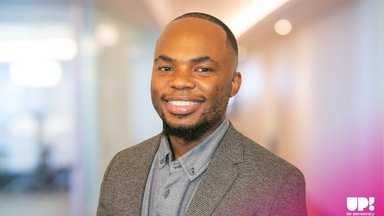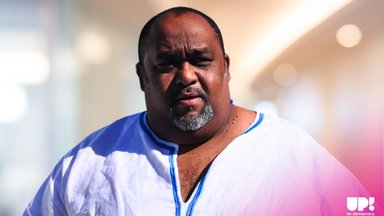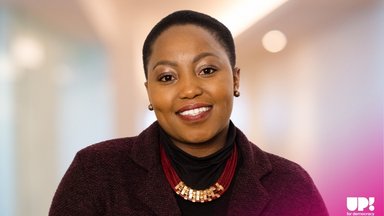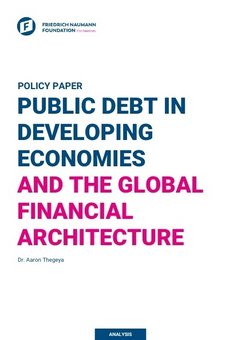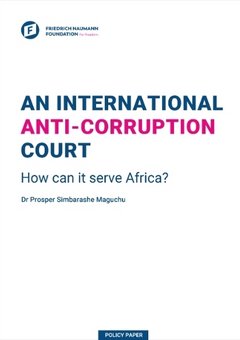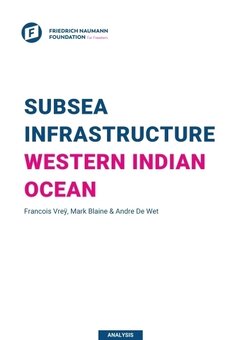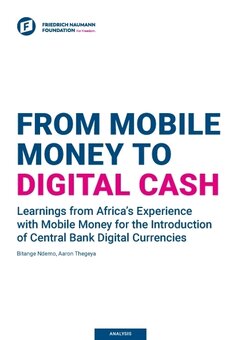Sub-Saharan Africa
The future of Africa is often regarded in a strangely unimaginative and pessimistic way. Yet Africa today is full of diversity, economic potential and innovative development.
However, the continent faces numerous challenges. As a liberal foundation, we believe that sustainable development depends on strong democratic institutions. Through our activities, we therefore promote liberal policies such as human rights, the rule of law, innovation, digitalisation and free trade.
From our offices in Johannesburg, Cape Town, Harare, Dar es Salaam, Nairobi, Abidjan and Dakar, we support partners in several African countries in advocating liberal values and implementing democratic structures.
News
-
The price of the ballot and the politics of power
Uganda’s President Yoweri Museveni won a seventh term after the 15 January 2026 elections, extending four decades in power. Results announced on 17 January put him ahead of opposition leader Bobi Wine.
-
Exposing gaps in governance and regulation
AI is advancing fast, but governance lags. Experts warn that without context-sensitive regulation, digital rights are at risk, personal data can be misused, and African languages may be excluded.
-
Why liberals and Germany must get it right
Germany faces growing labour shortages and skills gaps, making migration central to its economy. For liberals, the challenge is ensuring mobility is fair, transparent and drives shared prosperity.
-
Brussels’ bet on Pretoria, and its payoffs
Europe’s full attendance at the Johannesburg G20 defies US pressure and signals a strategic bet on Africa. With Washington turning inward, Brussels sees the summit as a chance to assert autonomy, fill a leadership gap, and reset ties with the Global South.
-
Unlocking democracy through youth-centred financing and innovation
The recent G20 Sideline Event at the FNF regional office in Johannesburg set the tone for a powerful day of ideas and collaboration ahead of the main G20 gathering on 22-23 November 2025.
-
Autonomy, compliance and accountability
Attending the ACHPR’s 85th Session revealed the Commission’s struggle to balance autonomy, accountability and political pressure while safeguarding human rights across Africa.
-
Between junta, JNIM, and mercenaries: The bitter struggle for gold and power continues
Mali at a Dead End: Trapped between a military junta, jihadist forces, and mercenaries, the country is unraveling in a brutal fight for gold, power, and survival, a silent crisis unfolding at Europe’s doorstep.
